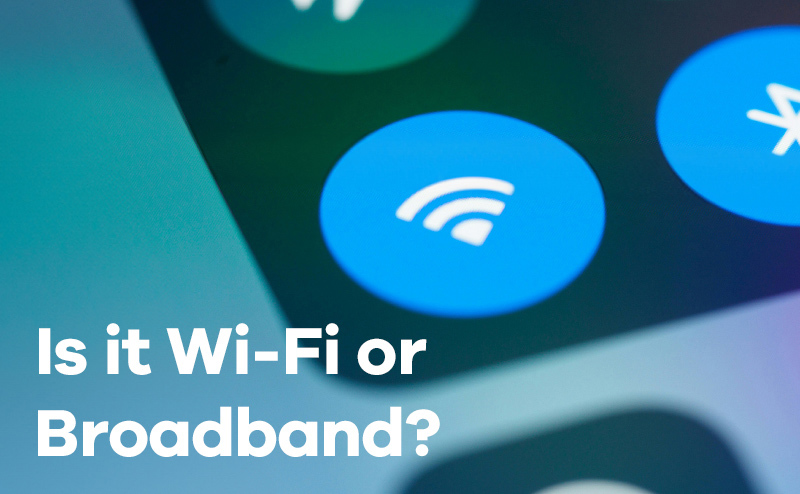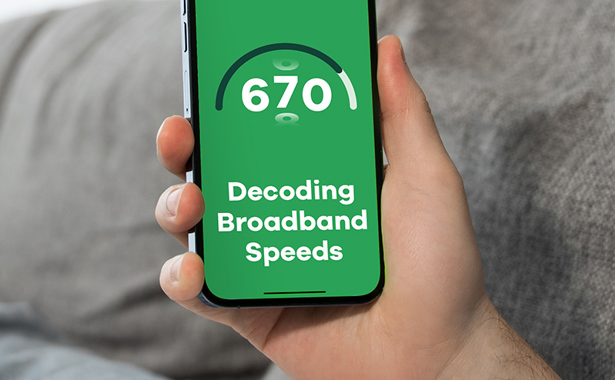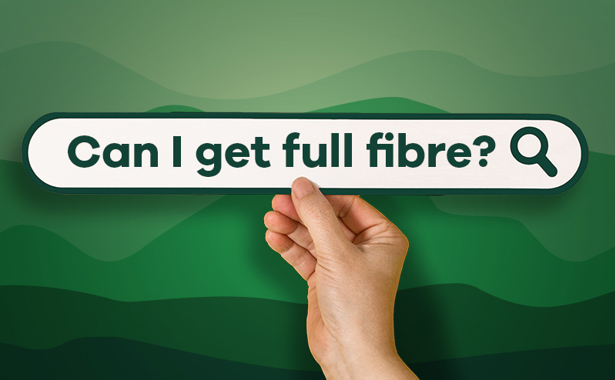
The difference between broadband and Wi-Fi
by The Wessex Internet Team
Introduction
In the world of internet connectivity, terms like broadband can be used when a person could be referring to Wi-Fi, and vice versa, leading to confusion. In this article, we'll explain these terms, exploring the differences between broadband and Wi-Fi. We'll also address common questions like "Does faster broadband mean better Wi-Fi?" to help you make informed decisions about your internet connection.
Understanding broadband
Broadband is the name of the technology that gives you a high-speed connection to the internet. The reason it is called Broadband is because it uses a wide (broad) bandwidth that can handle multiple signals all at the same time.
There are lots of types of Broadband connections, some common connections are Fibre, Copper (ADSL & VDSL), and Wireless via 4G, 5G or satellite dish.
Understanding Wi-Fi
Wi-Fi is the wireless technology that allows wireless devices to connect to your home network without having to connect devices to your router using a cable. Wi-Fi uses different radio waves/frequency (RF) to allow your devices to operate at different distances and speeds. You might have heard of 2.4GHz and 5GHz, while the newest Wi-Fi technology is 6GHz. Just remember that the 3x RF signals have limited distances and are hampered by objects in-between the router and your device – the lower Wi-Fi signal levels you have, the slower the connection to the router.
Is broadband the same as Wi-Fi?
No, broadband and Wi-Fi are not the same. Broadband refers to the high-speed internet connection delivered through various technologies, while Wi-Fi specifically refers to the wireless technology that enables devices to connect to the internet without physical cables.
Does faster broadband mean better Wi-Fi?
No, broadband and Wi-Fi are separate and have their own individual speeds. While your broadband connection could download at 500Mbps, the Wi-Fi connection might only run at 100Mbps (2.4GHz), giving the impression that there might be something wrong, but if you moved your device onto the 5GHz or 6GHz Wi-Fi channel you will see that the device will download at 500Mbps. However, the performance of your Wi-Fi network is also influenced by factors like the router's capabilities, interference, device limitation and the number of connected devices.
Pros and cons of broadband
| Pros | Cons |
|
Offers high-speed internet access. |
Availability may vary depending on location. |
|
Supports various online activities simultaneously. |
Speeds may be affected during peak usage times. |
|
Available through multiple technologies (ADSL, VDSL, wireless (satellite)). |
Pros and cons of Wi-Fi
| Pros | Cons |
|
Enables wireless connectivity within a specific range. |
Signal strength may be affected by physical obstacles. |
|
Provides flexibility for device mobility. |
Limited range compared to wired connections. |
|
Convenient for home and small office setups. |
Conclusion
Ultimately, while broadband and Wi-Fi work hand in hand to provide seamless internet access, they both serve different purposes. Broadband represents the high-speed internet connection, while Wi-Fi is the wireless technology enabling connectivity within a specific area. Understanding these differences allows you to make informed choices about your internet setup, ensuring a reliable and efficient online experience.
You may also like

Is a landline necessary for broadband?
Discover if a landline is truly necessary in today's world of internet connectivity.

What broadband speed do I need?
Unravel the mystery behind broadband speeds and help you determine the ideal connection.

Can I get fibre broadband?
In today's fast-paced digital world, a fast and reliable internet connection is crucial.

The Internet of Things (IoT)
Revolutionising the way we interact with technology, we investigate the world of IoT.